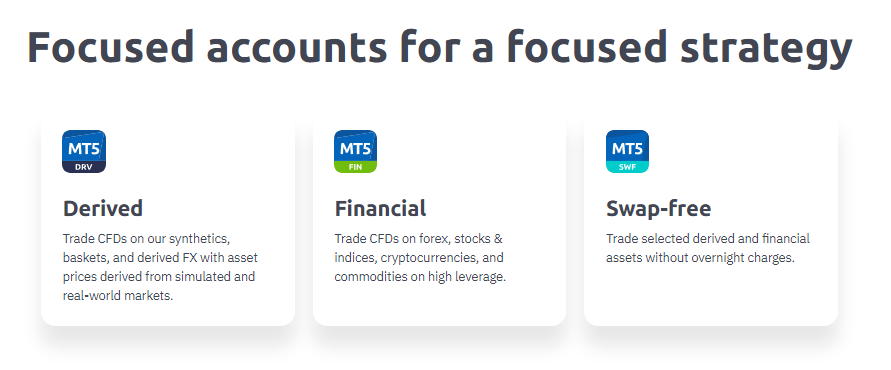Jerome Powell maintains hopes for rate cuts.
⇒ Warning. Any strategy does not guarantee profit on every trade. Strategy is an algorithm of actions. Any algorithm is a systematic work. Success in trading is to adhere to systematic work.
In the wake of Jerome Powell’s recent remarks regarding the Federal Reserve’s stance on interest rates, markets have been stirred with speculation and analysis. Powell’s nuanced comments, delivered after the latest Fed meeting in Washington, underscored the delicate balance between inflationary pressures and economic growth, prompting investors to reassess their expectations for monetary policy shifts and their potential ramifications on the Euro/Dollar exchange rate.
Powell’s Maintained Optimism:
Despite acknowledging the recent surge in inflation, Powell expressed continued optimism about the possibility of interest rate cuts within the year. He emphasized the likelihood of inflationary pressures easing in the coming months, albeit without specifying a timeline for rate reductions. This cautious stance reflects the Fed’s broader shift towards maintaining borrowing costs at historically high levels for an extended period, in response to sustained inflationary trends and robust economic indicators.
Impact on Market Sentiment:
Powell’s remarks provided a degree of reassurance to investors concerned about the Fed’s willingness to address slowing economic growth through rate cuts. The subsequent dip in Treasury yields and temporary uptick in stock prices during Powell’s press conference underscored market participants’ relief at his affirmation that rate hikes were unlikely in the near term.
Balance Sheet Adjustments:
Additionally, the Fed announced plans to taper its asset purchases, starting in June, signaling a gradual reduction in its balance sheet. While this move aims to prevent overheating in the economy, Powell’s reassurance that the Fed remains vigilant about supporting labor market conditions implies a cautious approach to tightening monetary policy.
Inflation Dynamics:
The recent uptick in inflation, coupled with strong economic growth, has prompted discussions about the Fed’s inflation-fighting credibility and its potential impact on the broader economy. Powell’s assertion that Fed policies are currently restraining demand and inflation underscores the central bank’s commitment to its dual mandate of price stability and maximum employment.
Conclusion:
Powell’s nuanced statements and the Fed’s cautious approach to monetary policy adjustments have significant implications for the Euro/Dollar exchange rate. While markets may interpret Powell’s remarks as signaling potential rate cuts, the Fed’s commitment to data-driven decision-making suggests that any adjustments will be gradual and contingent on economic developments. As investors continue to digest Powell’s remarks and assess their implications, the Euro/Dollar exchange rate is likely to reflect evolving perceptions of Fed policy and its impact on global economic dynamics.
The statements and actions of the Federal Reserve, including confirmation of optimistic inflation forecasts and signals of potential interest rate cuts, could have a significant impact on the euro/dollar exchange rate.
- Rate cuts: In the event of a reduction in interest rates in the United States, investors may start seeking higher yields in other markets, potentially leading to the strengthening of the euro against the dollar. Lower rates in the US make the dollar less attractive to investors.
- Inflation expectations: If the market believes that the Federal Reserve will not be able to address inflation and maintain price stability, it could undermine confidence in the dollar and lead to its depreciation. In such a scenario, investors may prefer the euro as an alternative currency.
- Reaction to changes in the Fed’s balance: If the market perceives that the announced changes in the Fed’s balance sheet (such as plans to reduce asset purchases) could negatively impact economic growth in the US, this could also lead to dollar weakness against the euro.
- Overall market reaction: Of course, the market’s reaction to these events could be complex and depend on a variety of factors, including expectations regarding future Fed actions, economic growth and inflation data in both the US and the eurozone, as well as geopolitical events.
Therefore, depositors and traders will closely monitor subsequent Fed comments and decisions, as well as economic indicators, to determine which currencies will be preferable in the current environment.
BT
![]()


